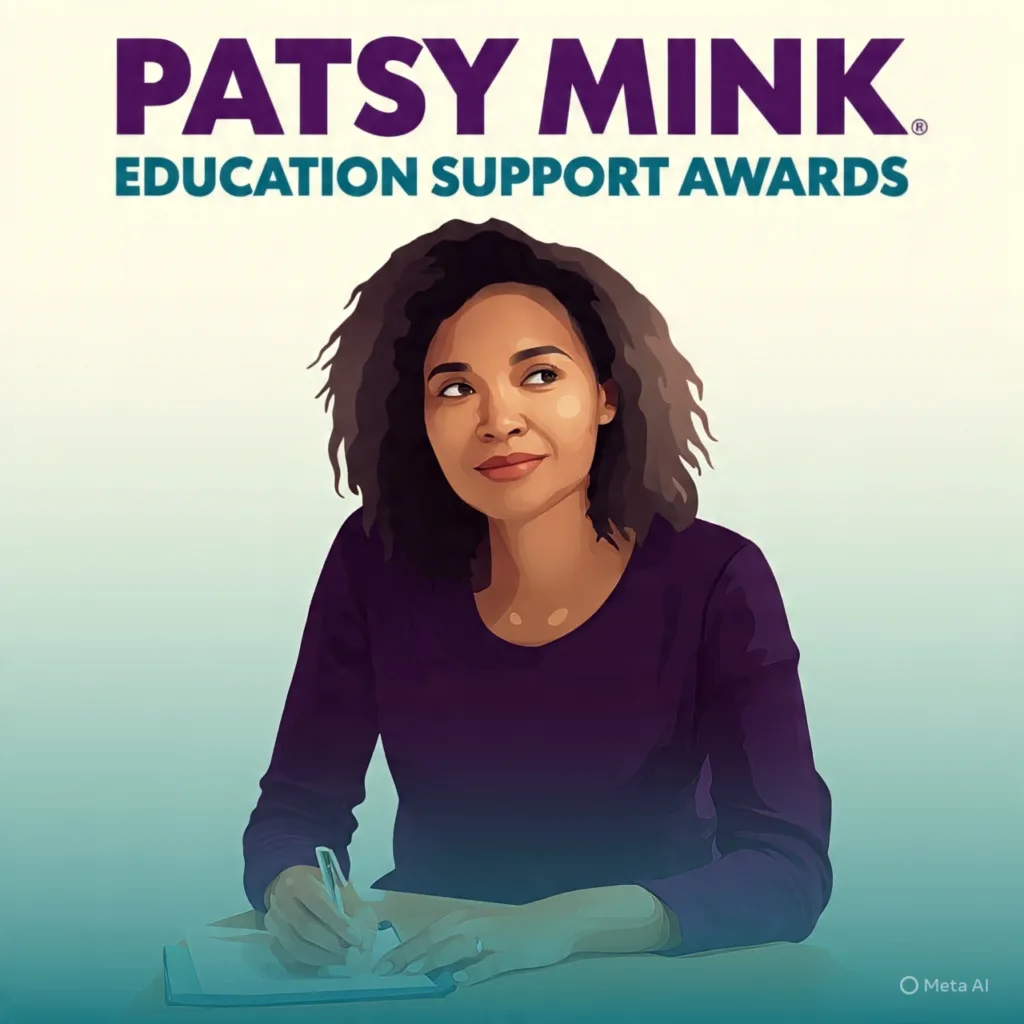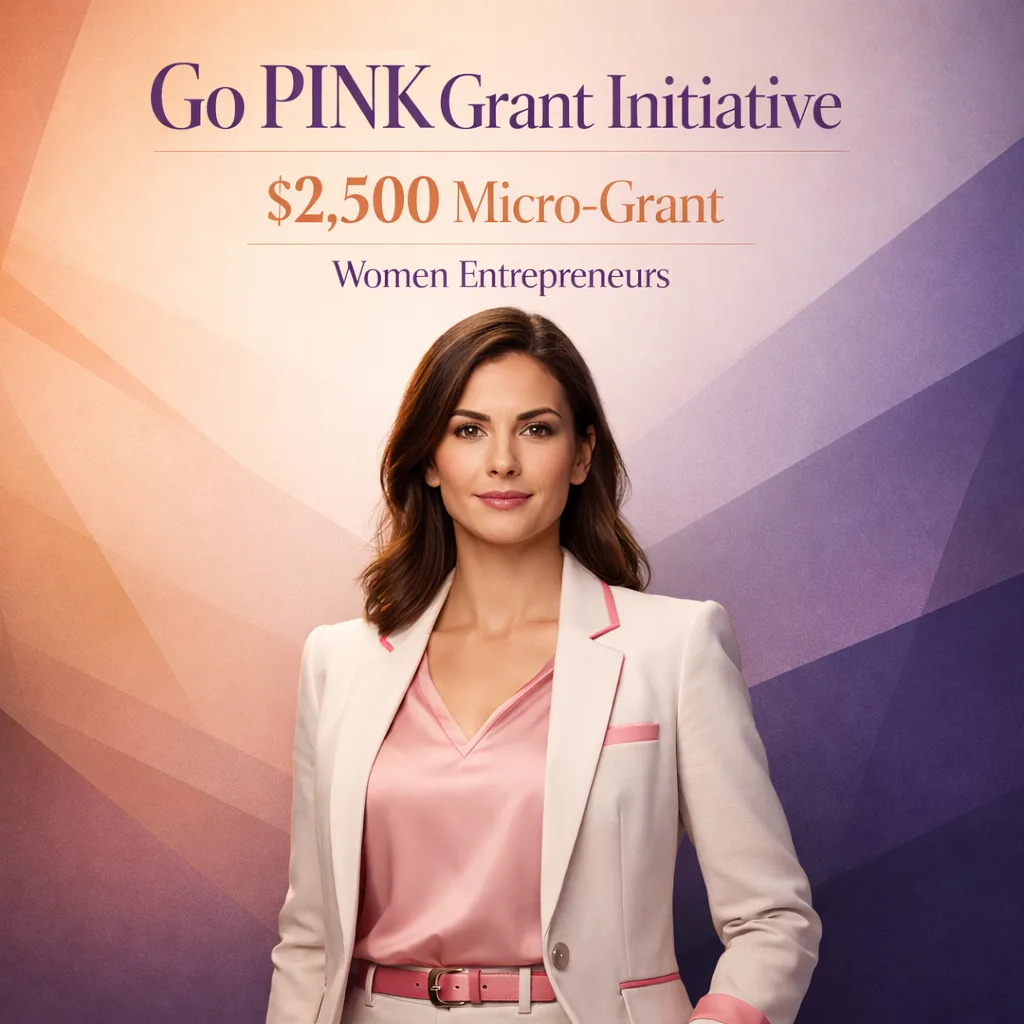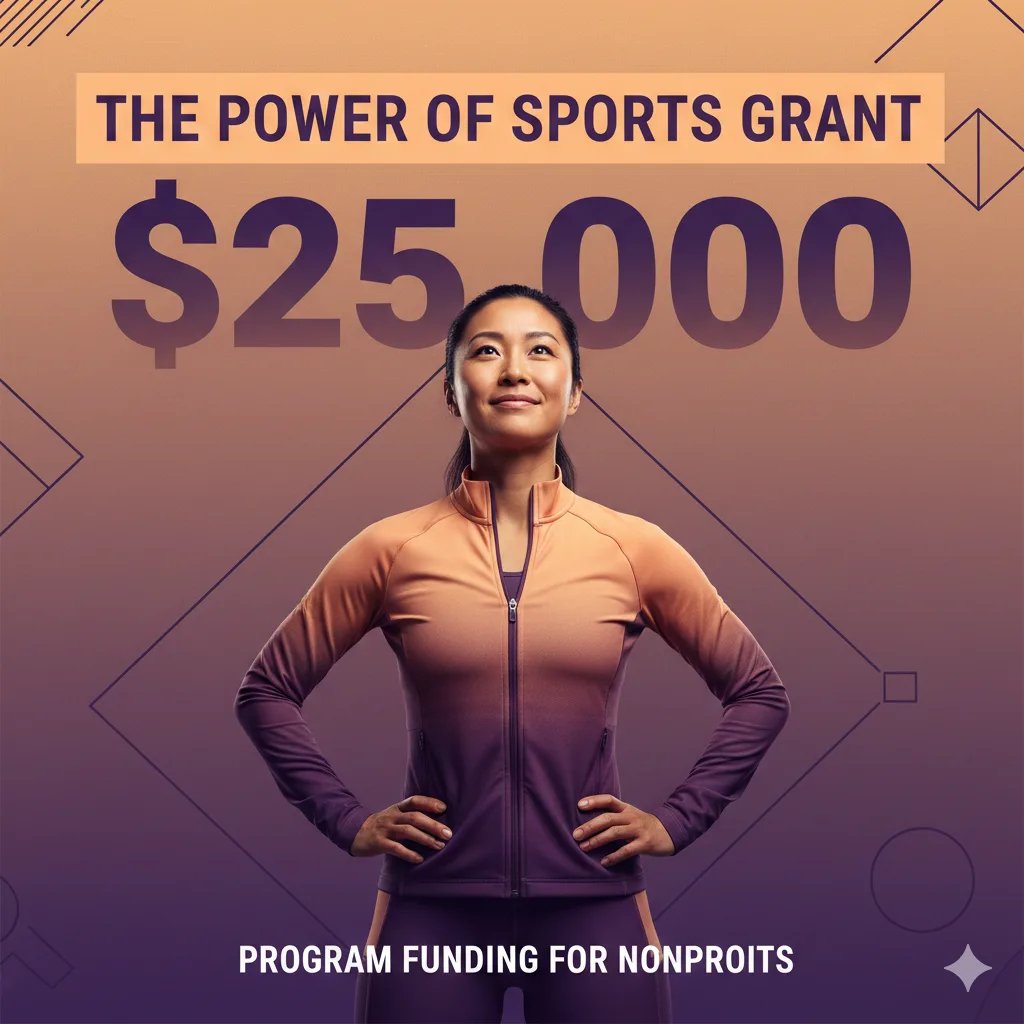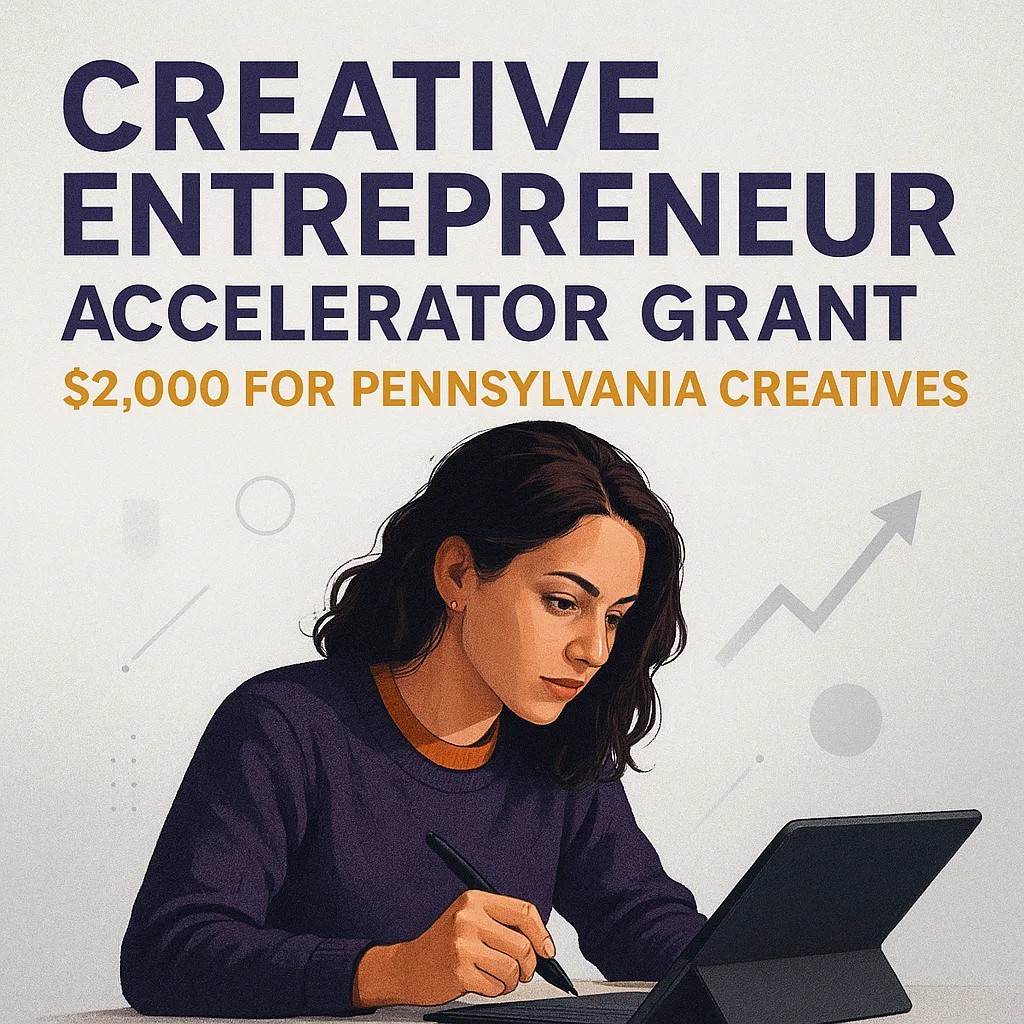
Patsy Mink Education Support Awards for Low-Income Mothers
Up to $5,000 for low-income mothers chasing a first college degree – no strings, just belief.
Grant Overview
Up to $5,000 for Moms Who Refuse to Let Money Decide Their Future
Donor: Patsy Takemoto Mink Education Foundation
About: When Patsy Mink first ran for Congress in 1964, she was told a Japanese-American woman didn’t belong in Washington. She won anyway then spent the next four decades making sure other women wouldn’t face the same door slam. The Education Support Awards carry that same stubborn spirit. Five mothers a year get a check that says, “Keep going.” Nothing more complicated than that.
Why This Money Matters
If you’ve ever balanced a diaper bag on one shoulder and a chemistry textbook on the other, you already know the math: daycare averages $1,230 a month, one textbook can hit $400, and rent waits for no exam schedule. The Foundation’s board—mostly former recipients themselves decided to stop wringing hands and start writing checks. They cap the income ceiling at $32,150 for a family of four, roughly what a full-time barista makes in a year. That line isn’t arbitrary; it’s the point where FAFSA says “yes” but the landlord still says “no.”
The Paper Chase (and How to Survive It)
The form looks innocent ten pages, double-spaced. The trick is in the margins. They ask for “vocational goals” because they’ve seen too many essays that end with “I want to help people.” Be specific: “I’ll finish my RN, then run a weekend clinic for uninsured kids in rural Georgia.” They also want proof your school doesn’t discriminate; a quick screenshot of the college’s nondiscrimination policy usually suffices. If you’re juggling this application while also eyeing emergency cash grants, pace yourself deadlines blur when kids get the flu.
What Past Winners Did With $5,000
– Maria, Tucson: paid summer daycare so she could finish her mechanical-engineering labs without leaving her six-year-old in the campus library.
– Denise, Baltimore: replaced the engine in a 2008 Corolla that now gets her to nursing clinicals at 5 a.m.
– Tanya, rural Mississippi: bought a refurbished laptop and a year of prepaid internet after the local library cut evening hours.
Each story lands on the Foundation’s private Facebook group. Scroll long enough and you’ll spot a pattern: the money rarely stays academic. It leaks into rent, groceries, the tiny cracks where need hides.
Inside the Selection Room
Twelve volunteers, a pot of coffee, and a spreadsheet. They rank need first no surprises there but then they debate “service or activist goals.” One trustee, a former teenage mom turned public-interest lawyer, always asks, “Will her degree change her zip code or just her business card?” If your plan includes opening a daycare in the neighborhood that priced you out, mention it. Twice.
When the Check Arrives
Half in September, half in January. The memo line reads “Education Support,” but the envelope includes a sticky note: “Call if the car breaks down.” They mean it. Last year they quietly sent grocery cards to three awardees after hurricanes wiped out part-time jobs. That kind of backup is why stacking this award with other women-focused grants can turn a semester of survival into a degree of transformation.
Next Steps If You’re Still Reading
Print the income table. Highlight your line. If you’re under it, start the essay tonight while the kids sleep. If you’re close, apply anyway last year’s cutoff flexed when a donor sent an extra $10k after reading a finalist’s story. And if the blank page stares back too hard, Grantaura’s team can walk you through it. We’ve helped mothers turn eviction notices into acceptance letters; we can probably help you turn a dream into a diploma.
Focus: women’s education, low-income mothers, post-secondary degrees, childcare costs, Title IX legacy, educational equity
Region: United States
Eligibility:
– Woman, at least 17 years old
– Mother with minor children
– First post-secondary degree that adds to current education level
– Enrolled full-time at a non-profit, accredited U.S. institution (verify via College Navigator)
– Family income below: $21,150 (2), $26,650 (3), $32,150 (4) – see HHS Poverty Guidelines for larger households
– School must not discriminate on sex, gender identity, race, religion, disability, or immigration status
Benefits:
– Up to $5,000 split into two semester payments
– Funds usable for tuition, books, or living expenses while enrolled
– Recognition in the Foundation’s annual awardee list
– Invitation to a private alumnae network for mentorship and job leads
Deadline: Rolling (2025-26 cycle open now; awardees contacted late fall)
Terms:
– Patsy Takemoto Mink Education Foundation: Non-profit founded in 2003 to continue Mink’s fight for educational access
– Education Support Awards: Annual grants of up to $5,000 for five low-income mothers pursuing higher education
– Accredited institution: School recognized by the U.S. Department of Education or Council for Higher Education Accreditation
– Full-time enrollment: Generally 12+ credit hours per semester for undergraduates; varies for graduate programs
– HHS Poverty Guidelines: Federal income thresholds updated annually; check current tables if close to the line
– First degree: Applicant cannot already hold the credential she is seeking (e.g., second bachelor’s not eligible)
How to apply for this grant
We are your trusted grant application partners. You can navigate the entire grant application process with our expert guidance through this simple 5-step process.
Step 1: Application Form
Fill out the “Apply for this grant” form with your information and grant requirements.
Step 2: Eligibility Assessment
Our grant experts will assess your eligibility and notify you via email.
Step 3: Expert Consultation
A dedicated grant expert will be assigned to discuss next steps for your application.
Step 4: Application Submission
Our expert will help you complete and submit your application with all required materials.
Step 5: Final Decision
The grant committee will make their decision and notify successful applicants.












